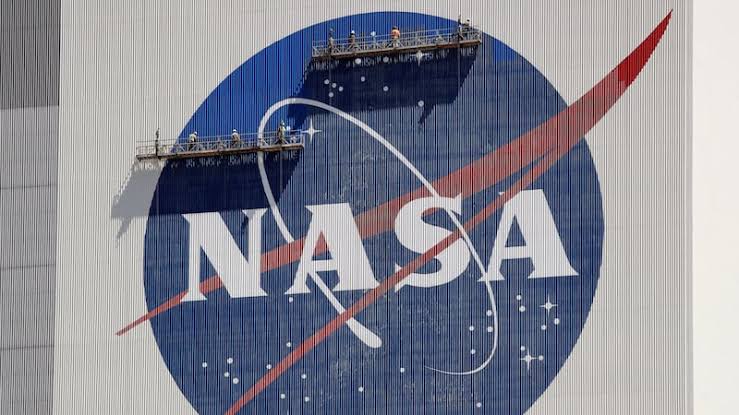Florida: NASA (National Aeronautics and Space Administration) on Thursday announced the cancellation of its planned moon rover mission, citing cost overruns and launch delays, in a major setback for the agency’s lunar exploration program. According to NASA, they have already spent around 450 million dollars on the program’s development so far.
“Decisions like this are never easy…But in this case, the projected remaining expenses for VIPER would have resulted in having to either cancel or disrupt many other missions,” NASA’s associate administrator of the science mission directorate, Nicky Fox, said, as quoted by news agency AFP.
NASA’s Artemis lunar rover, the Volatiles Investigating Polar Exploration Rover, or VIPER, had aimed to explore the lunar south pole in search of ice and other resources, paving the way for planned crewed missions by American astronauts under the Artemis program later this decade.
The rover was originally planned to be launched in 2023 aboard a lander provided by Astrobotic Technology. However, in 2022, NASA requested a launch delay to late 2024 to provide more time for preflight testing of the Griffin lander vehicle, supplied by the Pittsburgh-based company Astrobotic under the new Commercial Lunar Payload Services (CLPS) program, a public-private venture. Following this, the launch date was pushed to September 2025, while the cost of the mission was projected to rise to 609.6 million dollars.
According to Joel Kearns, deputy associate administrator for exploration in NASA’s science mission directorate, the rover was “completely assembled” but had not undergone tests that would certify it could withstand the launch, reported AFP.
The US space agency is now planning to disassemble and reuse VIPER’s instruments and components for future Moon missions.
“Prior to disassembly, NASA will consider expressions of interest from US industry and international partners by August 1 for use of the existing VIPER rover system at no cost to the government. Interested parties should contact HQ-CLPS-Payload@mail.nasa.gov after 10 a.m. EDT on Thursday, July 18. The project will conduct an orderly close out through spring 2025,” NASA wrote on its website.
NASA’s Moon mission hits a snag: $450 million rover cancelled
Related Posts
Trending Now
- Odisha CM puts forth nine key proposals in pre-budget meeting
- Balasore: 4 youths brutally thrashed on suspicion of theft; 1 succumbs
- Harmanpreet Kaur Becomes Second Indian Women After Mithali Raj to Score 1000 Runs in ODIs As Skipper
- Allu Arjun’s House Vandalised by Protestors in Hyderabad
- Gonasika Mahotsav promotes women’s development: Dy CM Pravati Parida







